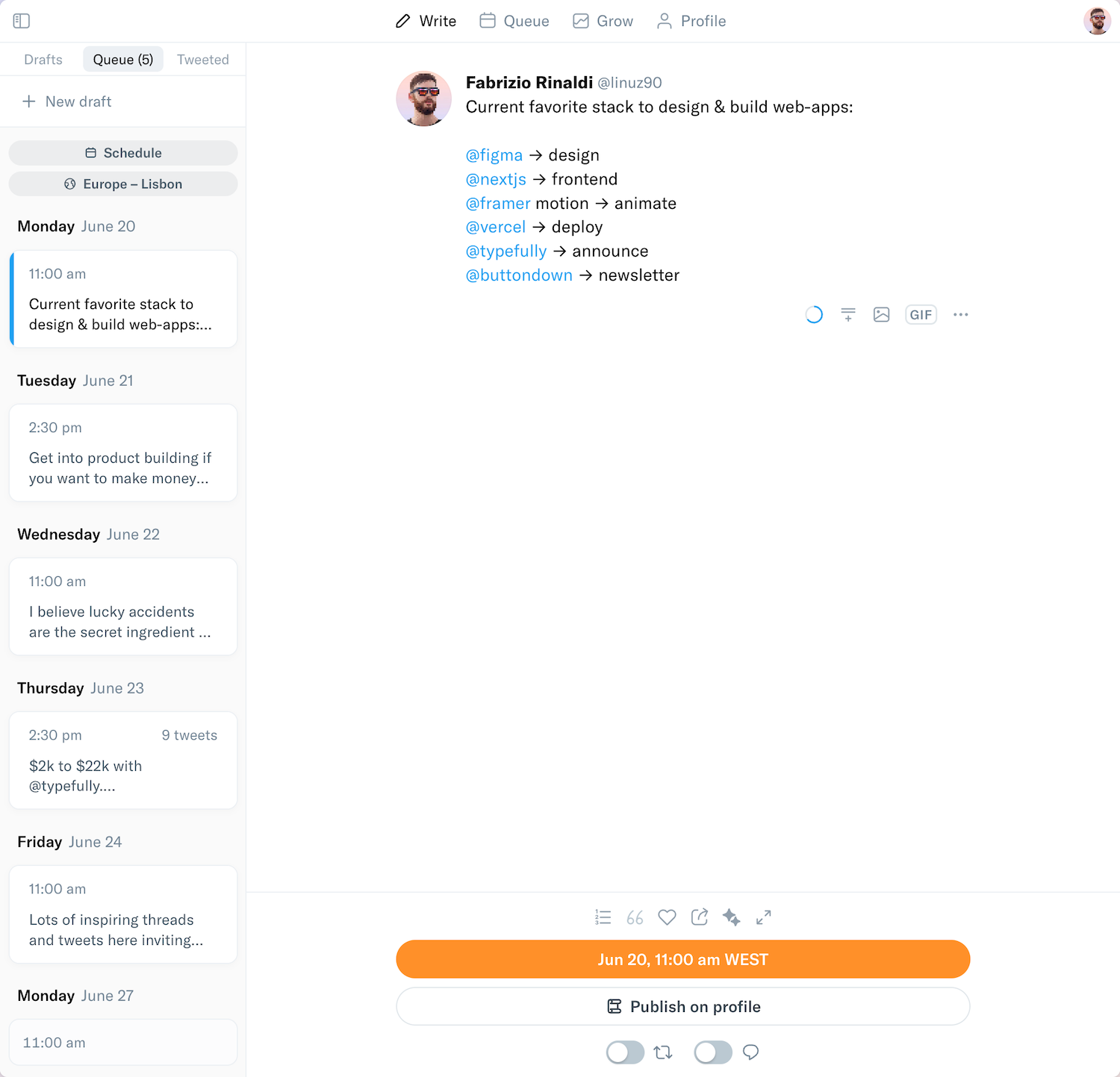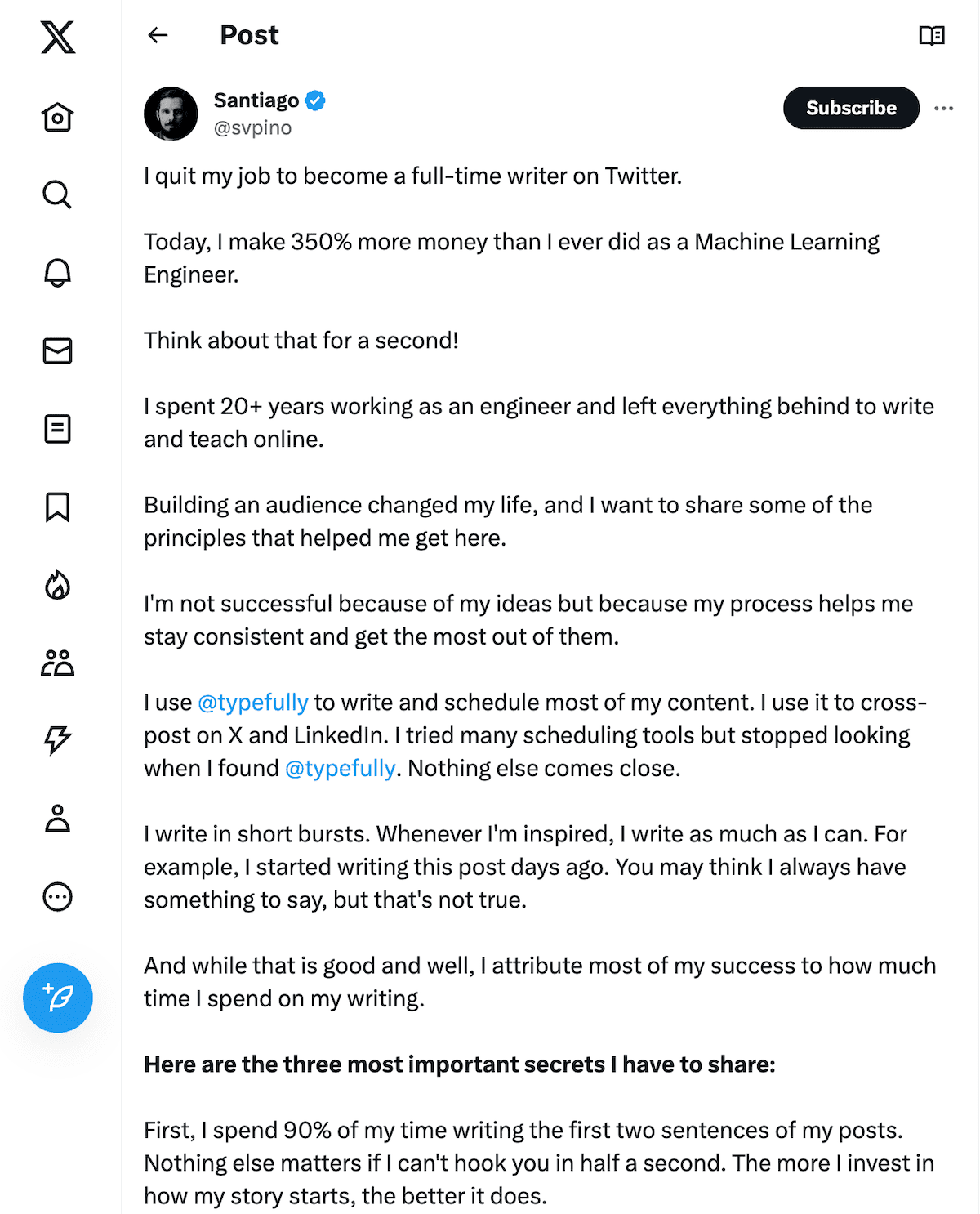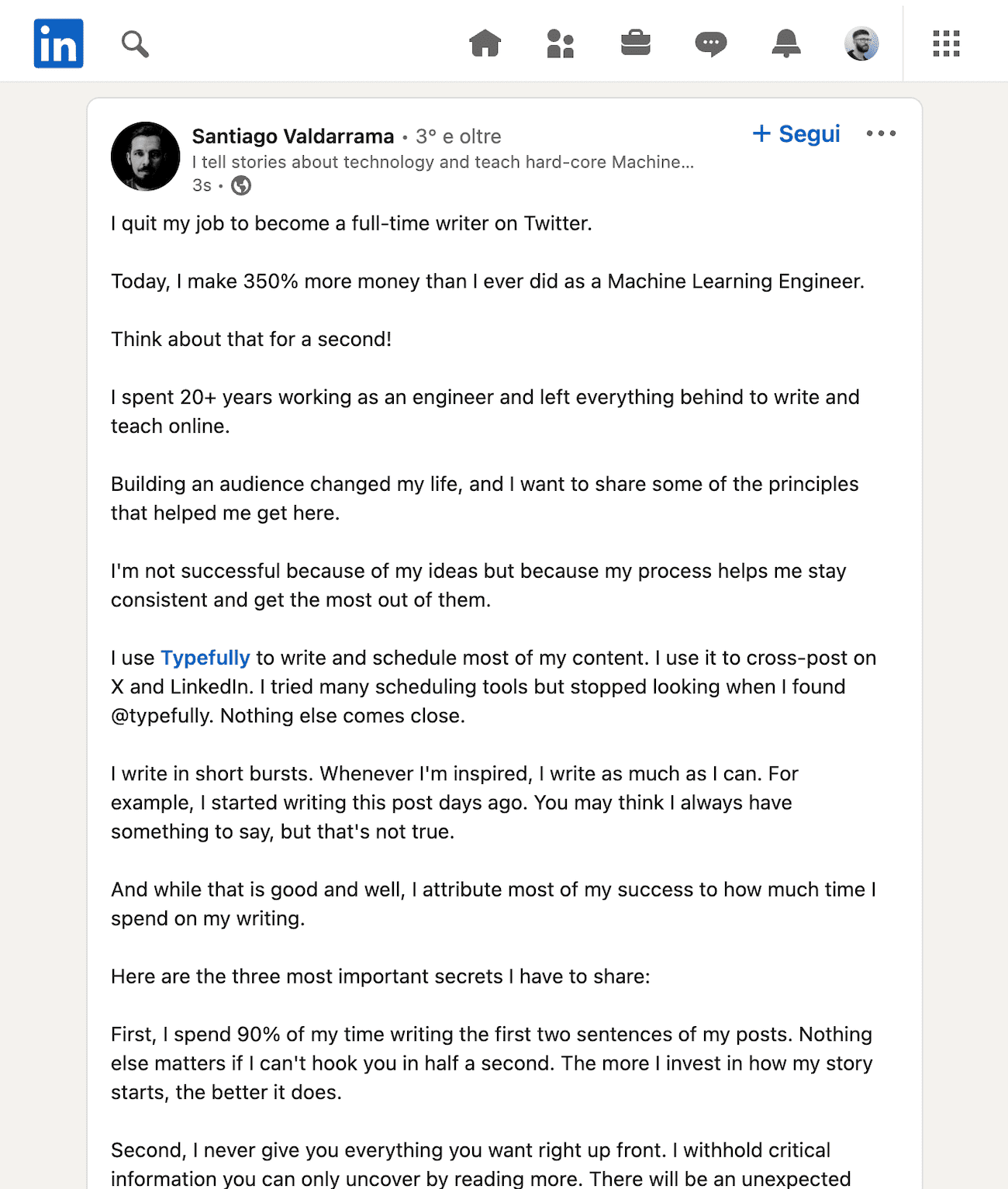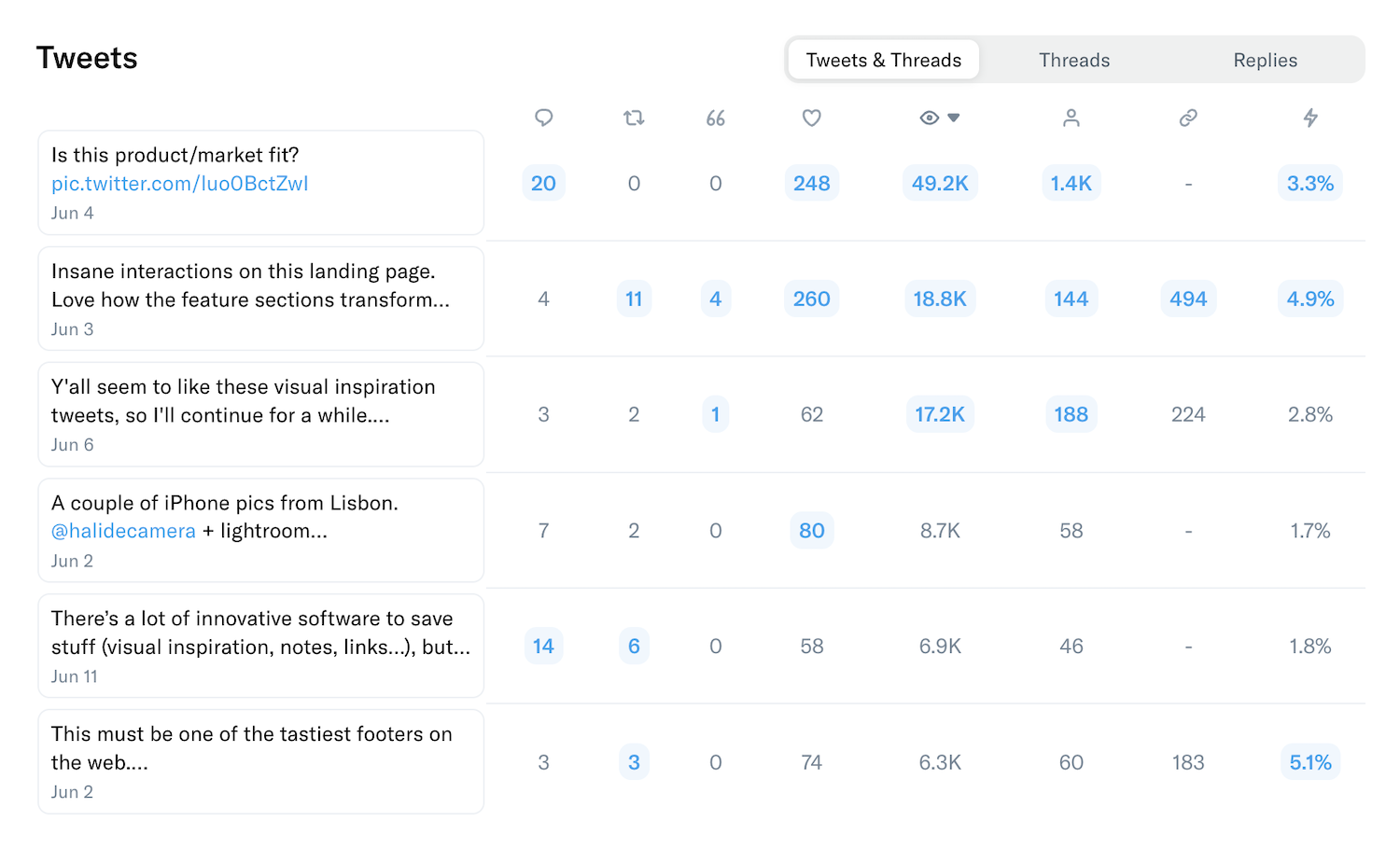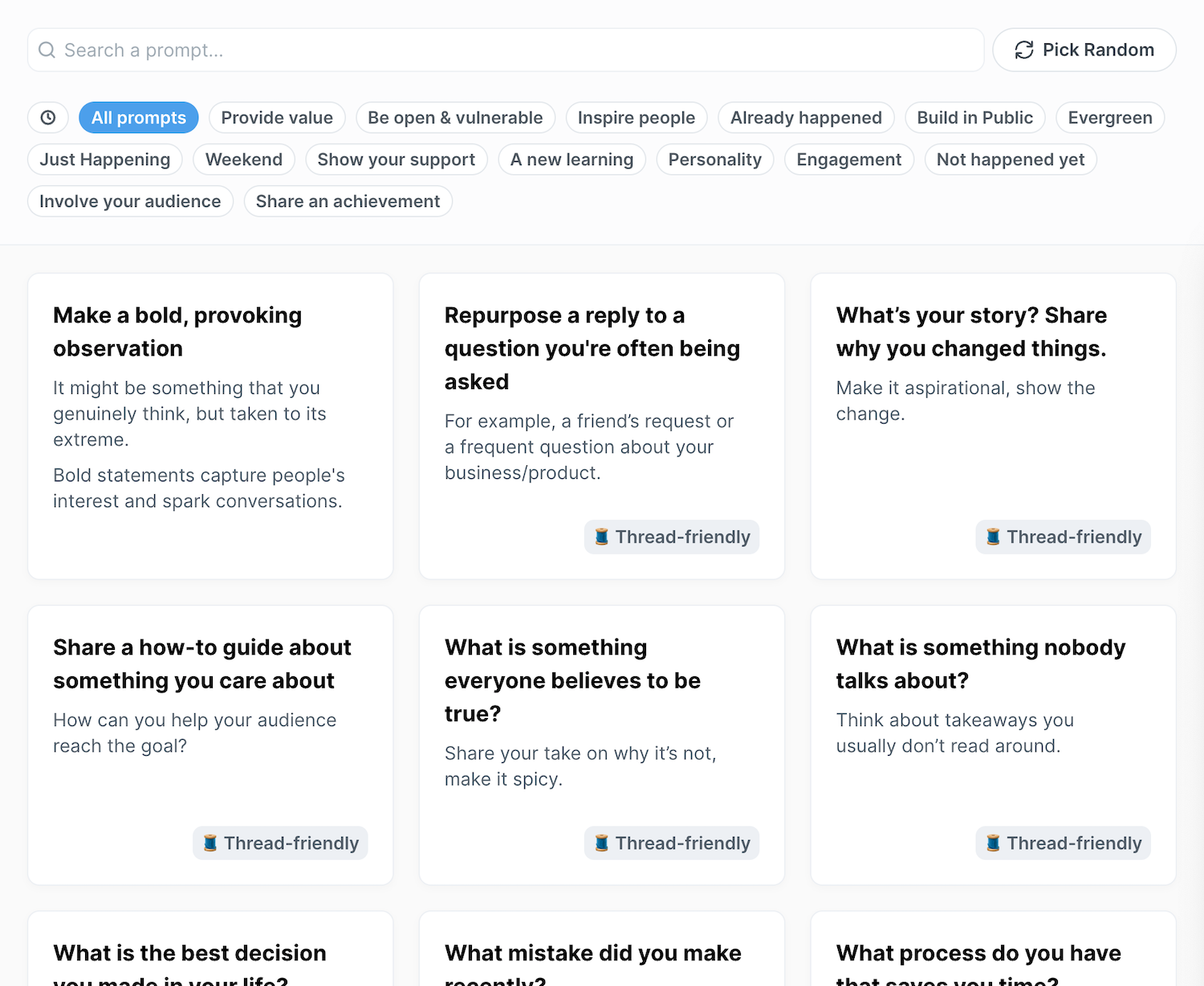🟧 @ycombinator's @startups school week 6:
@catheryn_li and Divya Bhat talked about cofounders. They covered:
how to decide whether to have a cofounder,
how to find a cofounder, and
how to work together
📝 sharing my notes:
Finding a co founder is arguably the most important part of starting a startup
first, they define the word co-founder. at YC they define it as someone with at least 10% equity but more generally it's someone who has been there since the beginning
you could start a company on your own but doing it alone makes it more than 2x as hard
they recommend getting a cofounder for a few reasons:
first, productivity. You can move 2-3x faster. Your brainstorming is more effective. You can hold each other accountable.
second, moral support. they can give you the emotional support you need when things get tough
statistically, companies with multiple founders are more likely to succeed.
YC still does fund solo founders
where to find a co founder?
look at the people closest to you: friends, classmates, colleagues, anyone in your network
they recommend working on a side project together to see if you like working together
the kind of person who is willing to do a side project with you on the weekend typically makes a good co founder
you can also use @ycombinator's co founder matching platform - where you can apply with your profile
they have a feature called speed dating where you meet a lot of people in 1 hour
they matched 100k people already
they have seen some promising early teams match on this platform and apply to YC
examples: Sequin (S21). they went on to get into YC and raised $5M+ . and kiwi biosciences (S21).
their advice - brag a little and put effort into selling your profile. especially true if you're a non-tech founder it's especially true. technical founders get many offers so you need to brag about your achievements
also try to meet as soon as possible - the data tells them it's important!
it may sound extreme but a co founder relationship is like a marriage - you even spend more time with them than your spouse. you need to have some conversations up front
can you provide what the other person needs when you're stressed? can you communicate well under stress? what salary requirements do you have (very important)? try to meet in person - not just zoom calls!
do i really need a technical co founder? can't I just use a dev shop? no - requirements are changing on the fly, and dev shops are paying for a clear deliverable. iteration is not possible. therefore you need a technical co founder.
the only way to tell if it'll work - before you jump in, work on a trial project first. here's a template from the co founder matching website
remember: just as any risk, you will need to take a leap of faith. find someone you're willing to take the leap with
how to split equity? their default advice is to split equally. ideas are cheap, it doesn't matter who came up with it because it'll likely change. you will be working on this for 7-10 years and all the work is ahead of you
other common bad reasons to do uneven split:
my idea
I started working on it before you
my co founder took a salary
i'm older / more experience
we need a tie breaker
you both need to be happy in the long run, so don't jeopardize the relationship over a few percentage points
their advice for communciation
a co founder relationship is like a marriage. these communication channels need to be aligned early on. how many hours you work, meetings per week, salary that you'll draw - expectations can be very different.
having those hard conversations up front can show you how you deal with conflict. otherwise they can become bigger than they need to be.
for example finances - how long you can go without salary. there can be a mismatch. it can put unexpected pressure on the company.
if you know earlier, then you can plan and work around it.
important expectations to set:
how responsive do we need to be?
how long do you go without salary / benefits?
recommendation on how to build trust
it's the most common root cause for founder breakups.
having a strong underlying trust makes the founder relationship work
existing relationships can go either way. personal relationships don't always translate.
last YC batch, they had someone find a co founder, came back to YC. the CEO didn't give his co founder space and trust to work on his projects. he'd jump in too early and berate his co founder.
trust people by default - otherwise people feel negativity and micro managed
if you say you'll do something, do it.
create space for mistakes
spend time together in person
in addition to trust, there may need to be structural roles and responsibilities to keep decision making fast
Divya's past company had no titles and consensus decision making. they were both symptoms of not being able to have hard conversations. they were getting gridlocked and spinning on decisions.
her advice: have clear titles, name a CEO, define an owner for different types of decisions. define accountability - how to check back on the results of decisions
you also need to understand each others personalities. watch out for burn out, mental health yellow flags. know how each other reacts to stress.
know how you deal with stress - do you attack or defend? know the other person's personality and how they react. Does the other person speak up or bottle up? what's the best way to have tough conversations?
can you express gratitude and praise each other? will you feel attacked when people make suggestions about your work?
there are useful habits and structures that may help:
regular 1:1s
bi directional, positive and constructive feedback
don't delay hard conversations
engage a coach for tricky topics
avoid personal attacks and normalize failure
argue but know who is the ultimate decision maker
ultimately remember you are on the same team!
founder breakups - if things aren't going well. what's the best exit strategy?
this is why the recommend having vesting - that's what it is for. if it's not working out well, the vesting structure makes that easy.
how well do remote co founders work? is it important to be in the same place?
it can work both way. Sequin were both in SF bay area. meeting every day. but most of the other co founder platform success stories were not in the same place.
how to handle different salary needs?
do something fair. that doesn't mean even but it means equitable. do something that isn't going to build resentment. make sure the person not drawing a salary is ok with it. it often comes up if there are uneven equity splits.
how many co founders is too many?
they typically haven't seen any more than six. you need to consider whether additional co founders are adding to the productivity of the decision maker or detracting.
